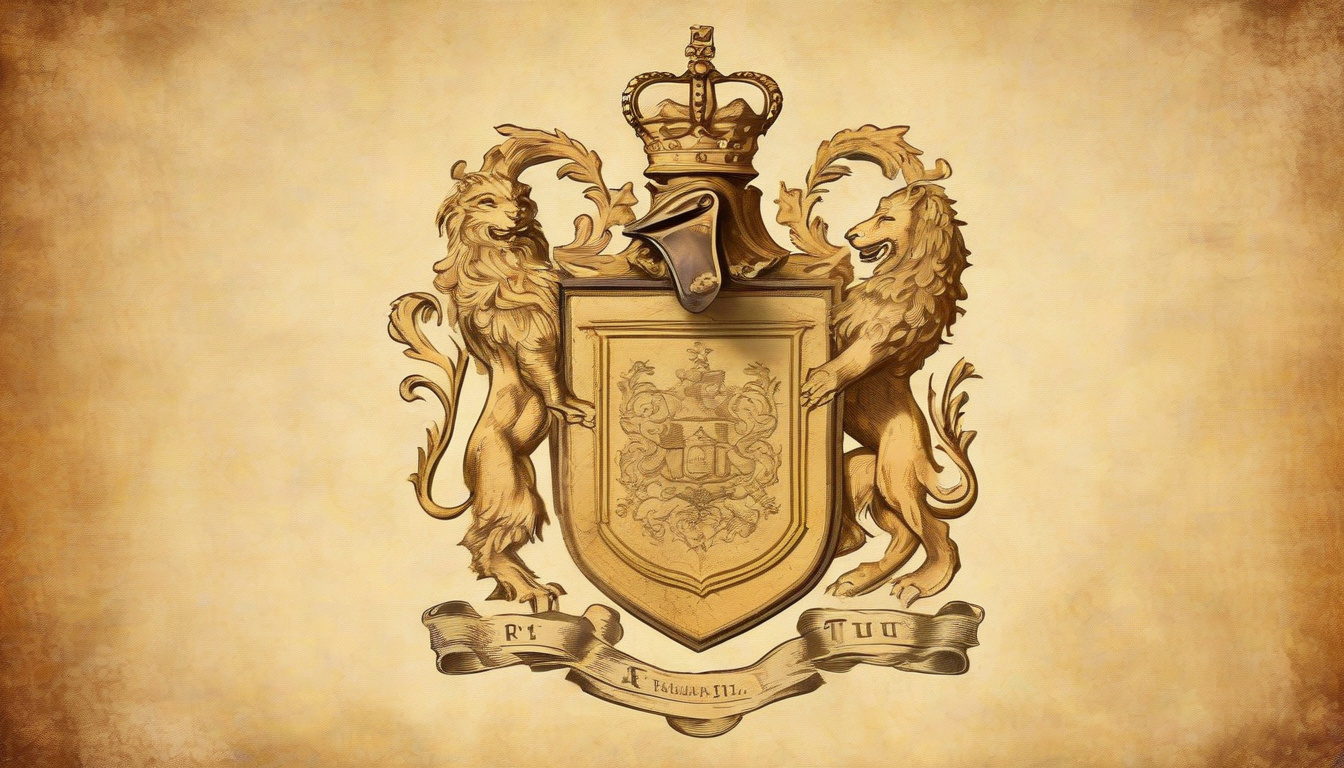In personal relationships, quiet trust sits at the core. It stays in the background. It links people in calm, steady ways. This trust does not need tall words or loud signs. It grows quietly yet firmly. Quiet trust helps you build deep, lasting bonds.
What Is Quiet Trust?
Quiet trust needs no loud proof. It sits close by. It makes people feel safe. You trust someone without having to spell it out. This trust stays in the background. Its weight is felt in every act you share. In personal ties, quiet trust lets you be real and safe. When you trust without speaking much, you do not need to constantly show that you care.
The Role of Quiet Trust in Building Strong Relationships
Quiet trust builds the ground for personal ties:
-
Emotional Safety: You feel safe when you share quiet trust. You know they will not judge or hurt you.
-
Consistency and Reliability: Quiet trust grows when actions match words—even when no one sees them.
-
Reduced Anxiety: You do not need constant signs of proof. This trust eases doubt and worry.
-
Deepened Connection: Quiet trust makes you feel seen and heard. It lets you be yourself without over-explaining.
How to Cultivate Quiet Trust in Personal Relationships
Building quiet trust needs care and time. Try these simple steps:
-
Be Consistently Honest: Small lies break trust. Choose truth even when it feels hard.
-
Respect Boundaries: Quiet trust values personal space. Know and honor the limits.
-
Show Up Regularly: Stay present. Your steady presence builds a reliable bond.
-
Communicate Thoughtfully: Clear, kind words help keep trust strong.
-
Practice Patience: Trust grows over time. Accept that progress needs time.
Signs of Quiet Trust in Healthy Relationships
Quiet trust can be hard to spot. Look for these clues:
- Silences feel comfortable. Both sides feel calm in quiet moments.
- You trust the other is there in a pinch.
- There is mutual respect for differences and growth.
- Suspicion or jealousy make way for calm surety.
- You feel free to be you, without fear of judgment.
The Benefits of Quiet Trust for Long-Term Relationship Success
Quiet trust gives more than a safe feeling. It brings many gains:
- Sustained Commitment: With quiet trust, bonds hold strong through tough times.
- Improved Conflict Resolution: Calm trust helps you solve fights with ease.
- Greater Emotional Intimacy: When trust is quiet and deep, true closeness can grow.
Practical Examples of Quiet Trust
Every day holds signs of quiet trust:
- A couple does not text each minute because they trust each other.
- Friends forgive last-minute changes because trust fills the gap.
- Family members support each other’s own paths. They know that love means freedom, not control.
Tips to Strengthen Quiet Trust: A Quick Checklist
- Be reliable and punctual.
- Speak truthfully, even in small matters.
- Respect emotional boundaries.
- Listen actively and without judgment.
- Avoid assumptions; ask questions.
- Maintain confidentiality.
- Show empathy consistently.
FAQ About Quiet Trust in Personal Relationships
Q1: How is quiet trust different from regular trust?
A1: Quiet trust is calm and steady. It does not need extra proof, unlike trust that relies on clear signs.
Q2: Can quiet trust be rebuilt after betrayal?
A2: Rebuilding quiet trust is hard but possible. It needs time, true actions, and open talks.
Q3: Why is quiet trust important in friendships?
A3: Quiet trust lets friends grow naturally. It eases doubts and gives freedom and safety.
Trusted Research on the Importance of Trust in Relationships
The American Psychological Association says trust is key to good relationships. Their work shows that trust cuts anxiety and builds clear, honest talks. This work highlights how trust grows stronger bonds (source).

Conclusion
Quiet trust may not shout, but it forms a stable base. It grows through honest words, steady actions, respect, and time. This trust deepens bonds and builds resilience and joy. If you want strong, lasting ties, choose quiet trust. Be real, be steady, and see your relationships grow strong. Begin your journey with quiet trust today.
Author: Doyle Weaver, Attorney at Law
Home | Estate Planning | Personal Injury | Hill Country Lawyer | Terms of Service | Privacy Policy
© 2025 Digital Law Firm, P.C.
Disclaimer: The content provided in this blog is for educational and informational purposes only. It is not intended to constitute legal advice or establish an attorney-client relationship. The information presented does not address individual circumstances and should not be relied upon as a substitute for professional legal counsel. Always consult a qualified attorney for advice regarding your specific legal situation. The author and publisher are not liable for any actions taken based on the content of this blog.


















